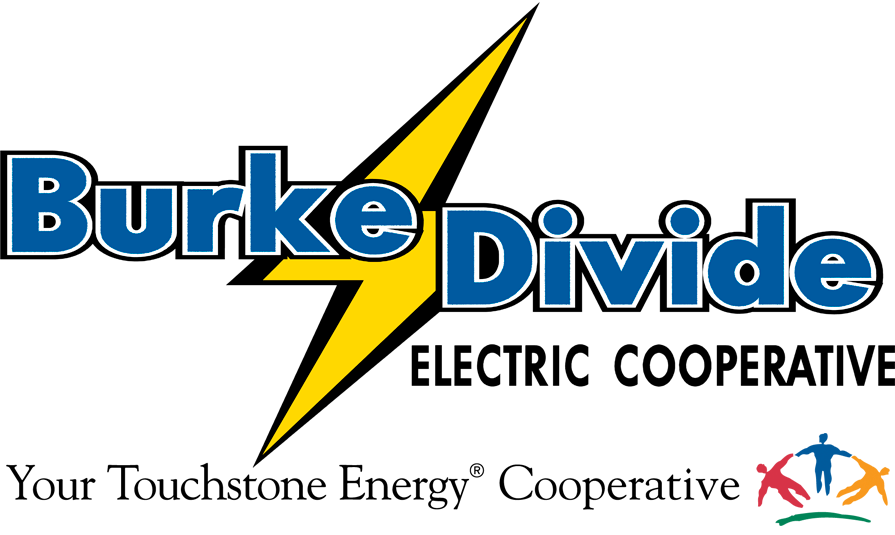Electric cooperatives protect the private information of members and ensure hackers don’t tamper with the reliability of the electric grid, but member-owners have a lot at stake, too.
Let’s start with the basics to protect yourself online.
TURN ON MULTIFACTOR AUTHENTICATION
Implement multifactor authentication on your accounts and make it significantly less likely you’ll get hacked. This means opting into an extra step when trusted websites and applications ask you to confirm you’re really who you say you are.
UPDATE YOUR SOFTWARE
Keep your security software, internet browser and operating system up to date on your devices. Better yet, turn on automatic updates. When downloading a software update, make sure it’s coming straight from the company that created it.
Updating your software regularly – as soon as possible when a newer version comes out – helps make sure you have critical patches and protections against security threats.
RECOGNIZE PHISHING
More than 90% of successful cyberattacks start with a phishing email.
Have you ever seen a link that looks a little off? It looks like something you’ve seen before, but it says you need to change or enter a password. Or maybe it asks you to verify personal information. It could be a text message or even a phone call. They may pretend to be your email service, your boss, your bank or a friend. The message may claim it needs your information, because you’ve been a victim of cybercrime.
A lot of the computer hacking problems result from people clicking on links or attached files that infect their computers or mobile devices. An email can even be disguised to look like it’s coming from your best friend, so simple diligence can be extremely beneficial.
If it’s a link you don’t recognize, trust your instincts and think before you click.
USE STRONG PASSWORDS
Did you know the most common password is “password,” followed by “123456?” Picking a simple password is like locking your door, but hanging the key on the doorknob.
Here are some tips for creating a stronger password. Make sure it’s:
- Long – at least 15 characters, including numbers, special characters and lowercase and uppercase letters
- Unique – never used anywhere else
- Random – make it complicated and change the password at least every six months. Make sure you’re not recycling the same password across all your apps and websites.
SECURE ALL YOUR INTERNET-CONNECTED DEVICES
Securing your modem, router and Wi-Fi can keep your home network safe from cyber threats. Read the instructions carefully, set good passwords and keep the devices updated. Any internet-connected device is vulnerable – smart TVs, cameras, voice-activated speakers, thermostats, video games, fitness bracelets, internet-connected refrigerators and even light bulbs.
PROTECT THE KIDS
Don’t forget that children also need to be aware and practice good cyber hygiene. They should know not to share information such as birthdates and other ID numbers. Learn to use age-appropriate parental control options on your hardware and software, too.
